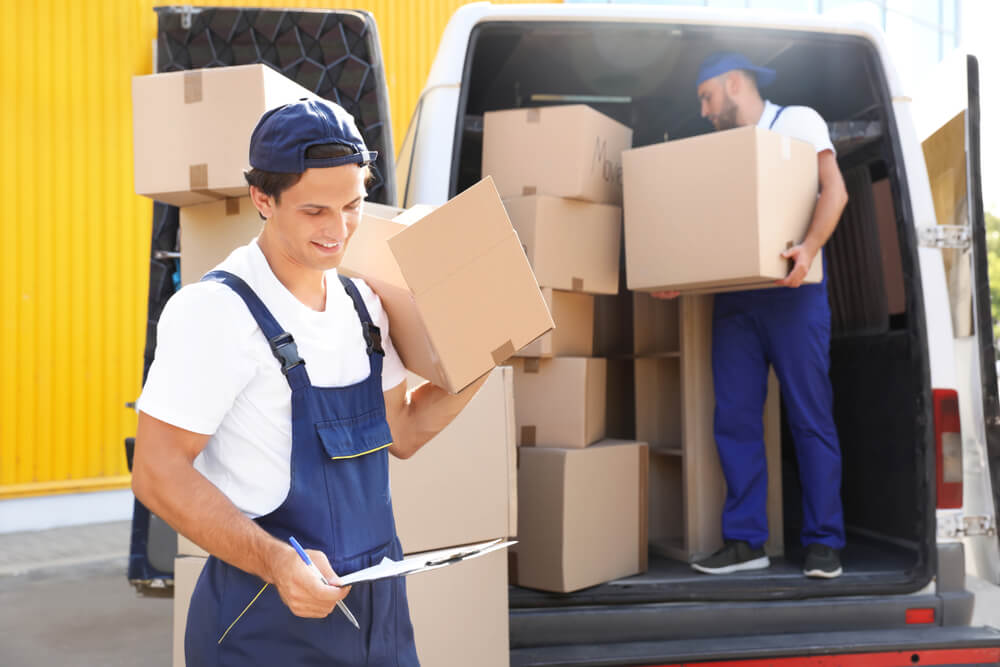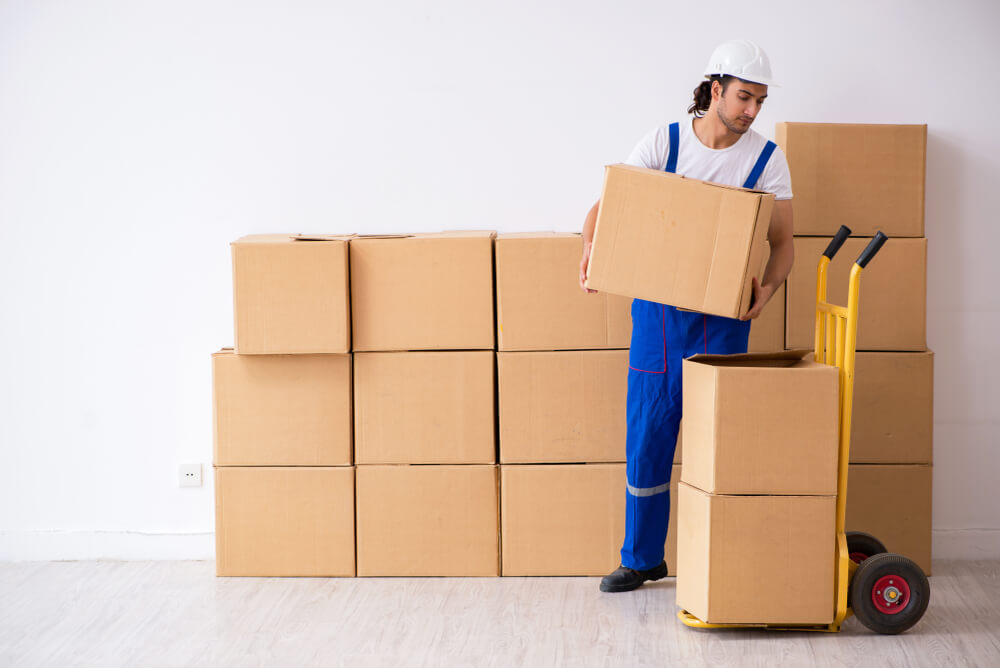Pack Like a Pro: Expert Tips to Make Your Next Move Smooth and Stress-Free

Pack Like a Pro isn’t just a catchy phrase; it’s the secret to a smoother, safer, and far less stressful moving experience. Whether you’re relocating across town or planning a long-distance move, knowing how to properly pack your belongings can save you time, money, and countless headaches. Professional movers follow certain techniques for efficiency and protection, and you can too! In this article, we’ll share proven strategies from moving experts to help you tackle your packing process like a seasoned pro.
Start Early and Create a Plan
One of the biggest mistakes people make is waiting too long to start packing. As soon as you know your moving date, create a timeline for packing tasks. Begin with items you rarely use, such as seasonal décor, out-of-season clothing, or books. By spreading out your work over several weeks, you’ll avoid the last-minute rush that leads to chaos and damaged belongings.
Invest in Quality Packing Supplies
While it’s tempting to grab free boxes from grocery stores, these often lack the strength to handle heavy items safely. Instead, purchase sturdy boxes in various sizes, strong packing tape, bubble wrap, packing paper, and markers for labeling. Invest in specialty boxes, like dish barrels or wardrobe boxes, for added protection of fragile or bulky items.
Different Moving Services can transform your relocation from a chaotic scramble into a smooth, stress-free experience. Whether you’re seeking full-service packing, specialty item handling, or simply transportation, understanding your options helps you tailor the move to your needs and budget. Professional movers bring efficiency and expertise, protecting valuables and saving time. Before choosing a company, research thoroughly, compare quotes, and confirm they’re licensed and insured.
Pack Room by Room
Tackle your packing one room at a time to stay organized and reduce overwhelm. Keep items from the same room together and label each box clearly with the room name and a brief description of its contents. This makes it far easier for you and your movers to place boxes in the right spot in your new home.
Protect Fragile Items Like a Pro
Fragile items deserve extra attention. Wrap each breakable item individually in bubble wrap or packing paper. For dishes, stand them on their edges rather than stacking them flat, as this reduces the risk of breakage. Fill empty spaces in boxes with crumpled paper or towels to prevent items from shifting during transit. Don’t forget to mark boxes as FRAGILE.

Keep Essentials Accessible
Imagine arriving at your new home exhausted and realizing you have no idea where your toothbrush, phone charger, or clean clothes are packed. Prevent this nightmare by preparing a “first-night box” with essentials such as:
- Toiletries
- A change of clothes
- Medications
- Snacks and bottled water
- Important documents
- Chargers for electronics
This box should travel with you, not on the moving truck, so you have immediate access to the items you need most.
Avoid Overpacking Boxes
It’s tempting to cram as much as possible into each box, but overpacking leads to broken boxes and potential injuries. Limit the weight of each box to about 40-50 pounds. Pack heavier items like books in smaller boxes and lighter items like linens in larger ones to keep everything manageable.
Disassemble Furniture When Necessary
Save space and prevent damage by disassembling large furniture when possible. Remove table legs, take apart bed frames, and store hardware in clearly labeled plastic bags taped to the corresponding furniture pieces. This simple step can make moving bulky items much easier.
Label Everything Clearly
Professional movers rely on labeling systems to keep moves efficient. Label every box on multiple sides, indicating the room it belongs to and a short list of contents. Consider using color-coded labels or stickers for even faster sorting.
Watch Out for Moving Scams
Unfortunately, moving scams are an all-too-common problem. To protect yourself, research moving companies carefully and get multiple written estimates. Be cautious of movers who demand large deposits upfront or who won’t put agreements in writing. To learn how to recognize and avoid moving fraud, visit the U.S. Department of Transportation’s Office of Inspector General’s page on household goods moving fraud.

Conclusion
Packing might seem overwhelming, but with the right strategies, you can handle it like a professional. Remember to start early, declutter, use quality supplies, and stay organized. These expert tips will help you pack like a pro and transition into your new home with far less stress and hopefully no surprises.